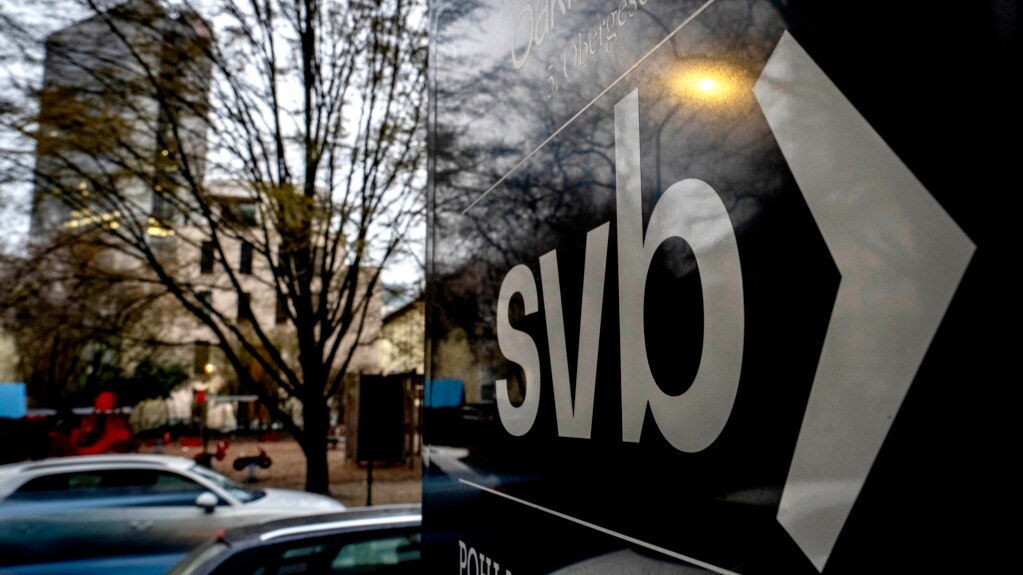President Joe Biden told Americans Monday that the nation’s financial system is safe. Biden made the comments after the collapse of two large banks with ties to the computer technology industry.
U.S. regulators closed the Silicon Valley Bank on Friday after a run on the bank. A bank run happens when too many account holders withdraw their money at the same time and the bank cannot honor their requests. The bank’s failure is the second largest in U.S. history, after the 2008 failure of Washington Mutual, based in Seattle.
New York-based Signature Bank failed on Monday. The bank had more than $110 billion in assets. That makes its failure the third largest in U.S. history.
Biden said he would seek to hold those responsible accountable. He also called for better oversight and regulation of large banks. He promised no losses would be paid for by taxpayers.
“We must get the full accounting of what happened,” he said.
Biden also said the supervisors of the banks should be removed. “If the bank is taken over by the FDIC, the people running the bank should not work there anymore," he said. Biden was talking about the Federal Deposit Insurance Corporation. That agency guarantees bank deposits of member banks up to $250,000.
The Treasury Department, the U.S. Federal Reserve and FDIC said Sunday that all Silicon Valley Bank members would be protected and would be able to get their money.
Under the plan, account holders at Silicon Valley Bank and Signature Bank will be able to withdraw their money on Monday. That includes those whose holdings are over the $250,000 limit. News reports say many of the bank’s account holders had more than the amount guaranteed by the government.
Silicon Valley Bank began to fail when it had to sell some of its holdings at a loss to meet its customers’ withdrawal requests. Under the central bank’s new program, banks can offer certain investments as collateral to borrow for an emergency.
The Treasury said it had set aside $25 billion to deal with losses. However, central bank officials said that they do not expect to have to use any of that money. That is because the investments provided as collateral have a very low risk of default.
Sunday’s steps represented the biggest government intervention in the banking system since the 2008 financial crisis. But the actions are limited compared with what was done 15 years ago.
Bank stocks continued to drop in value on Monday. Some investors are worried that interest rate increases might hurt the banking industry.
The most pressure is on regional banks. They are smaller than very large banks that some people consider “too-big-to-fail.” Problems at big banks helped cause the financial crisis in 2007 and 2008
Shares of another California bank, First Republic Bank, dropped 64.1 percent at the start of trading on Monday. The bank said Sunday it had strengthened its finances with money from the Federal Reserve and JPMorgan Chase Bank.
I’m Dan Novak.

